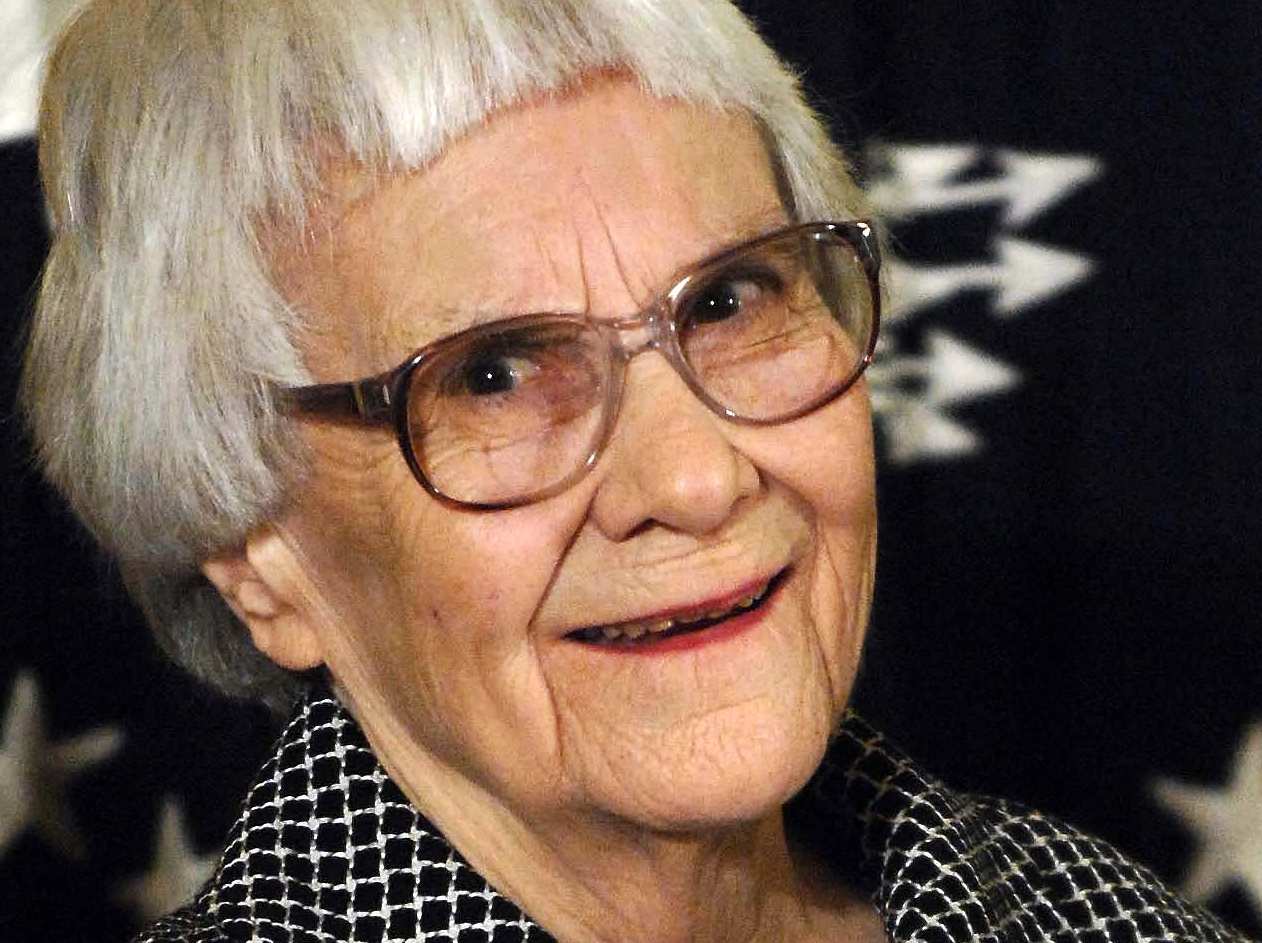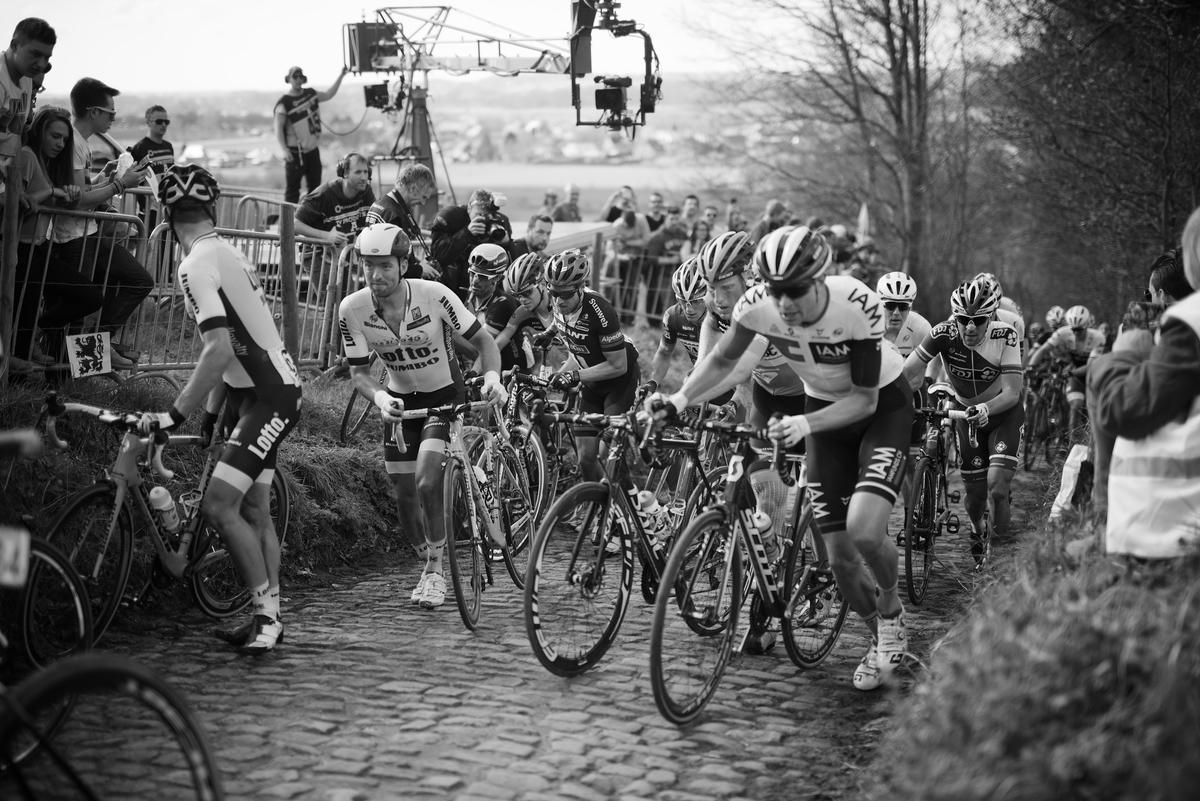Of all the heartbreaking lines in Harper Lee’s “new” novel, Go Set aWatchman, it’s a question the now elderly, arthritis-ridden Atticus Finch poses to his daughter, Scout, that really cuts to the quick. “Do you want Negroes by the carload in our schools and churches and theatres?” he asks, not out of spite, but genuine conviction. “Do you want them in our world?”
This from someone who has been held up for more than 50 years as, perhaps, the man of principle in modern literature, who in To Kill A Mockingbird defends a black man falsely accused of raping a white woman in hate-filled 1930s Alabama. To Kill A Mockingbird, rightly, has become – as Oprah Winfrey put it – America’s “national novel”. For everyone else, it’s the set text on heroism, idealism, fatherhood and justice.
If another writer had decided to take on a Mockingbird “sequel” – in much the same way as William Boyd attempted with Ian Fleming’s James Bond series – and made Atticus an old racist, they would have been accused of literary libel at best and, at worst, in modern parlance, of trolling an audience eager to see what became of the Finches of Maycomb County.
But it’s the fact that Lee herself has given Atticus shocking lines such as “you realise that our Negro population is backward, don’t you? You will concede that?” that will be incredibly troublesome to anyone who took Mockingbird to their hearts. To thicken the intrigue, it has transpired that Go Set a Watchman isn’t actually a sequel at all: it was actually written first. Lee’s publishers sent it back in 1957, asking her to expand on the vivid chapters that flash back to Jean Louise’s childhood, when she was known as Scout and her father was “the one human being she had ever fully and wholeheartedly trusted”.
It must have been a perceptive editor indeed who could see the nugget of To Kill a Mockingbird in Go Set a Watchman, which sat in a safe-deposit box as a manuscript until last year.
That is not to say the latter is a bad book. Far from it. It’s just that its age-old story – grown-up woman goes back home from the big city and has her idealised view of childhood completely destroyed – is far from classic. There is little of the propulsive narrative that characterises the Pulitzer Prize-winning Mockingbird as it moves through and beyond its courtroom drama – although interestingly, that court case is briefly mentioned in Watchman, but given a different outcome.
Instead, this is very much a snapshot of a small Alabama town battling with the politics of civil rights in the late 1950s, with little desire to face the realities of the modern world and fearing that the tactics of the National Association for the Advancement of Colored People will change their relatively stable lives. In that sense, Lee was only writing what she had experienced as someone who, like Jean, had grown up in segregated Alabama and moved to New York.
It’s a relief that Jean is absolutely the heroine in this scenario, someone who can see “this blight that had come down over the people she loved”. Atticus might be racist, but Harper Lee most definitely is not. Nevertheless, the change in Atticus isn’t particularly well dealt with, even if one agrees with the contention that in Mockingbird he’s not so much a proponent of black rights as the rule of law.
Naturally, it quickly becomes clear that Jean – she completely rejects anyone who still calls her Scout as “dead and in your grave” – is on a collision course with her father, the resolution of which would be unfair to reveal here. She, at least, remains idealistic, rebellious, spontaneous and, often, a lot of fun. “Why don’t you go pee in your hat,” she cordially tells the uptight Aunt Alexandra, and wonders who else in Maycomb remembers the 6-year-old Scout, “juvenile desperado, hellraiser extraordinary”.
To which the answer is, unfortunately, the readers do. Because for all its familiar characters and settings, Watchman never coheres as a novel in the way its predecessor does. Several chapters get bogged down in the intricacies of state politics, there are great tracts of untrammelled anger that end up losing power in their grotesque polemic, and the moments of levity can often seem patched in, as if Lee was too aware that the novel needs light and shade. Sometimes these more sentimental sections work – when Jean jumps fully clothed into the river, for example – but an extended diversion into the whereabouts of a bra insert (let’s call it The Curious Incident of the False Bosom at the School Ball) is just a little odd.
Much of the time, it feels like Lee is scratching around for a story, compounded by an ending that seems to ask us to feel some sort of empathy for the bigotry. In the end, though, she did find that story in Mockingbird, via the gestation piece that is Watchman. All of which makes this book an intriguing aside, rather than a comparable work of genius.


